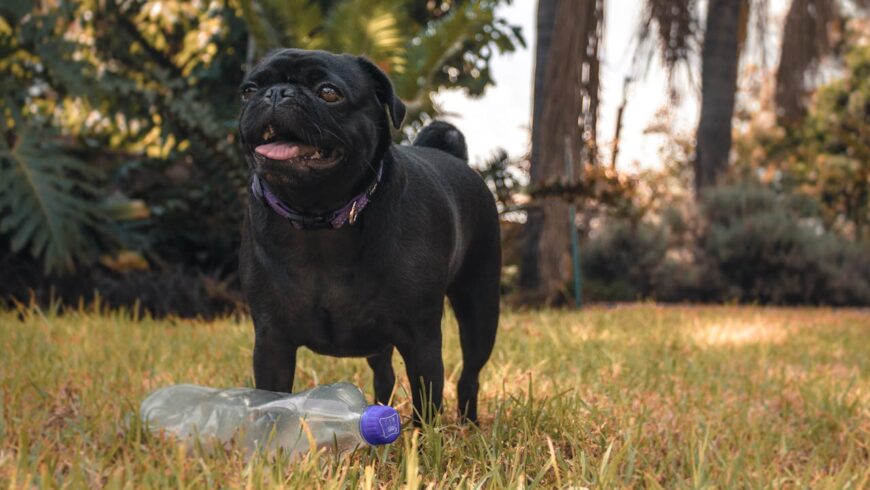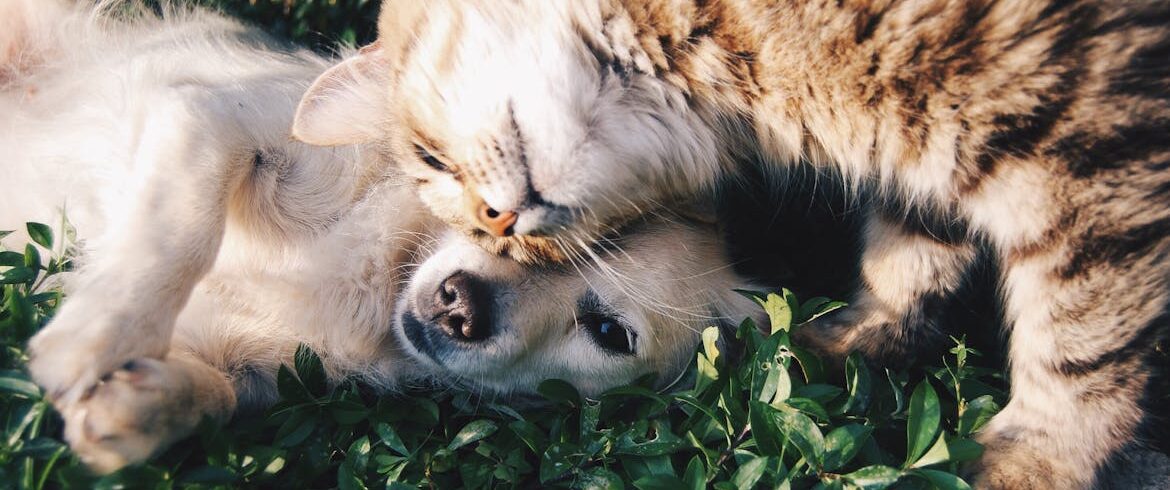As pet owners, we all strive to provide the best care for our beloved animals. But how often do we consider the impact of our pet care habits on the environment? Together, we’ll explore practical ways to integrate environmental awareness into your pet parenting. You’ll learn how simple changes can help protect our planet while still offering top-notch care to your pets. From selecting sustainable products to adjusting daily routines, each step can make a significant difference. So, let’s dive into these eco-friendly strategies.
Choose Sustainable Pet Products
Opting for eco-friendly products for your pets not only reduces your environmental footprint but also benefits your pet’s health. Many pet toys on the market are made with synthetic materials that can be harmful. By choosing toys made from recycled or natural materials like hemp, bamboo, or organic cotton, you’re providing a safer playtime for your pet and contributing to a healthier environment. These materials degrade more easily, reducing the impact on our planet.
Next, using biodegradable waste bags is an easy switch with a big impact. Unlike traditional plastic bags, which take hundreds of years to decompose, biodegradable bags break down much quicker and reduce plastic waste. This simple change in your daily walk routine helps keep harmful plastics out of landfills and oceans.
Furthermore, the grooming products you choose can also affect the environment. Shampoos and conditioners made from natural, organic ingredients are better for your pet’s skin and coat and don’t introduce harsh chemicals into water systems. Look for products free from parabens, sulfates, and artificial fragrances. Natural grooming products often come in eco-friendly packaging, reducing waste further. Each of these smart solutions not only supports your pet’s health but also contributes positively to environmental conservation.

Eco-Conscious Pet Food Choices
The type of food you choose for your pet plays a significant role in both their health and the environment. More and more companies are recognizing the need for sustainable practices in pet food production. Opt for brands that source ingredients ethically and prioritize sustainability. These companies often use locally sourced ingredients, which helps reduce the carbon footprint associated with transportation. To add to that, some brands focus on creating minimal waste during production, contributing less to landfill accumulation.
Feeding pets a diet lower in meat can also significantly reduce environmental impact. Consider incorporating plant-based or reduced-meat pet foods that meet nutritional needs while using fewer resources like water and land. Discuss these options with your vet to ensure they meet your pet’s dietary requirements. Also, bear in mind that this only applies to animals that are not carnivores by design.
Overfeeding is another common issue among pet owners. It affects the pet’s health and increases food waste. By measuring food portions correctly, you can prevent waste and reduce the demand for excessive production. As a bonus, this practice also saves money.
Consequently, many pet food bags are made from materials that are difficult to recycle. Look for brands that use recyclable or compostable packaging to reduce your plastic waste. Some companies even offer programs to take back used packaging for proper disposal or recycling. Through these steps, you can significantly boost your ethical and eco-friendly purchasing practices while ensuring your pet receives the nourishment they need.
Reduce Your Pet’s Carbon Pawprint
Reducing your pet’s environmental impact involves several straightforward practices that can make a big difference. And you, as a pet owner, can play a crucial role in minimizing your pet’s carbon “pawprint” through everyday actions. First of all, controlling the pet population is a responsibility that significantly reduces environmental strain. Fewer stray animals mean less demand for resources like food, water, and shelter, which all carry ecological costs. Spaying or neutering your pet is a responsible decision that contributes to fewer homeless animals and reduces the burden on local ecosystems.
Second, choosing pet care services that adopt green practices can considerably lower your environmental impact. Look for pet care providers who use sustainable products, conserve water, and implement waste-reducing measures. Whether it’s grooming, boarding, or daycare, opting for eco-conscious facilities helps promote a healthier environment.
Third, the way you transport your pets also affects your carbon footprint. For routine vet visits or trips to the park, consider walking or using pet-friendly public transportation if possible. For longer journeys, using a fuel-efficient vehicle can significantly reduce carbon emissions. Planning combined trips can also decrease the number of outings, thus saving fuel.
Last but not least, from biodegradable waste bags to organic grooming products, choosing sustainable items for your pet care routine helps cut down on plastic waste and chemical runoff. These products are often made with natural ingredients and packaged in eco-conscious materials, supporting a cleaner environment. Take note of the fact that every small change in how we care for our pets can lead to significant environmental benefits.

Incorporating Environmental Awareness into Your Pet Parenting Through Everyday Habits
Making small changes in how you care for your pet can significantly reduce your environmental footprint. You can start by adapting your daily pet care routine to one that is both simple and impactful. For starters, you can create your own pet care items like shampoos or toys using natural, safe materials. This not only avoids harsh chemicals but also reduces packaging waste. For instance, homemade oatmeal shampoo is gentle on your pet’s skin and easy to make. Of course, switching to reusable products is a practical step towards sustainability:
- Food and Water Bowls: Use durable materials like stainless steel instead of plastic.
- Grooming Tools: Choose brushes with natural bristles and washable grooming cloths.
- Toys: Invest in quality toys that last longer to decrease the frequency of replacements.
Naturally, reducing water and energy use in pet care helps conserve vital environmental resources. Bathe your pet strictly when and if necessary, using minimal water when you do. Air-drying grooming tools and bedding also save energy. What’s more, purchasing pet supplies from local stores cuts down on transportation emissions while supporting your community’s economy. And, of course, educating others about how to integrate environmental awareness into your pet parenting amplifies your impact.

Wrap-up
In conclusion, incorporating environmental awareness into your pet parenting benefits your furry friends and contributes positively to our planet. By choosing sustainable products, adopting eco-friendly habits, and supporting green businesses, you make a substantial impact. Encourage other pet owners to consider these environmentally friendly practices. Sharing your experiences can inspire more people to make mindful choices that benefit both their pets and the environment. Together, we can create a healthier world for all.

Author bio: Miranda Wrights is an experienced professional writer at Spyder Moving, a company renowned for its commitment to efficient moving and storage solutions. She provides detailed advice on relocations, also drawing on her extensive background in environmental advocacy. Miranda’s work is dedicated to enhancing customer experiences and ensures that every move becomes a success story.




